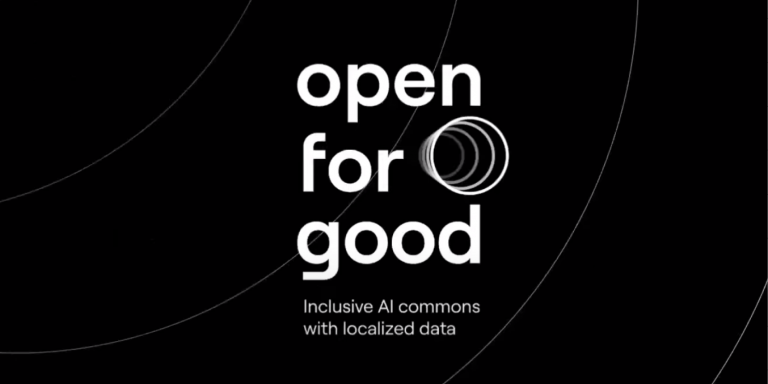
The Open for Good Alliance, as part of UNESCO’s Global Judicial Education Initiative, which has trained more than 23,000 judicial operators since 2014, hosted the “Webinar on Open AI and Data in Law and Justice Systems.” More than 100 judges, lawyers, government officials, and researchers joined this webinar to hear perspectives from Brazil, India, and Kenya on the development, use, and governance of AI systems in justice systems.
AI systems are used in judicial systems to make the administration of justice more efficient. Algorithms are used for legal research, document analysis, or predictive justice, their objectivity depends heavily on the underlying training datasets compiled and organized by AI practitioners.
The speakers for this webinar were:
- Rafael Leite, Assistant Judge, working on the Justice 4.0 initiative in Brazil
- Supriya Sankaran, Co-founder of Agami, OpenNyAI mission to improve access to justice in India
- Eric Kariuki, Head of Justice Accelerator, HiiL Innovation Hub, Kenya
The webinar aimed to answer the following questions:
- How is AI being used in the legal and judicial systems of the 3 countries and what institutional and societal factors contribute to its adoption?
- What kinds of governance and cooperation mechanisms between the technology and legal communities are driving the movement toward AI and open data in legal and judicial systems?
- What are the barriers to the development and deployment of AI and open data tools in law and justice contexts? What safeguards need to be in place for the ethical use of AI in the justice system?
- How do open AI-based innovations strengthen the administration of justice?
- What aspects are critical to making AI and open data initiatives scalable and interoperable in the context of law and justice?
The peer-to-peer discussion among court operators explored issues around the use of AI to aid legal research, digitization and documentation of legal precedent, and language barriers to justice. Speakers emphasized the importance of using open source datasets and applications to enhance accessibility and administration of justice.
Supriya Sankaran stated:
“The openness and transparency of AI applications builds trust between developers and public actors.”
Digitization within courts automates routine tasks and improves information management, allowing staff to focus on tasks that require more in-depth work and creativity.
For example, Brazil, one of the world’s most overburdened countries, is promoting the development and use of new technologies, including AI , to make its judicial system more efficient as part of its Justice 4.0 program. In addition to assisting legal personnel, this provides people seeking legal services with access to more legal service channels and better connectivity of court systems through the Judicial Branch Digital Platform (JBDP). Through the JDPP, they can access court databases, such as the Criminal Execution Database and the Arrest Warrant Database, notification services, and intelligent case information searches.
Rafael Leite explained:
“The objective is to enable access to justice through the development of collaborative actions and projects that use new technologies and artificial intelligence.”
Access to justice can be facilitated by improving access to legal documents and legal assistance through quality translations into local languages. During the webinar, examples from India and Tanzania demonstrated the potential of AI to increase accessibility to legal assistance. In India, the Bhashini platform provides short speech-to-speech translations in legal contexts for local Indian languages, its goal is real-time voice translation. In Tanzania, legal accessibility startup Sheria Kiganjan provides explanations of English national laws in Swahili. In addition, it offers free online legal education through articles on local laws.
Translated from Retour sur le webinaire sur l’IA ouverte et les données dans les systèmes de droit et de justice de l’Open for Good Alliance









